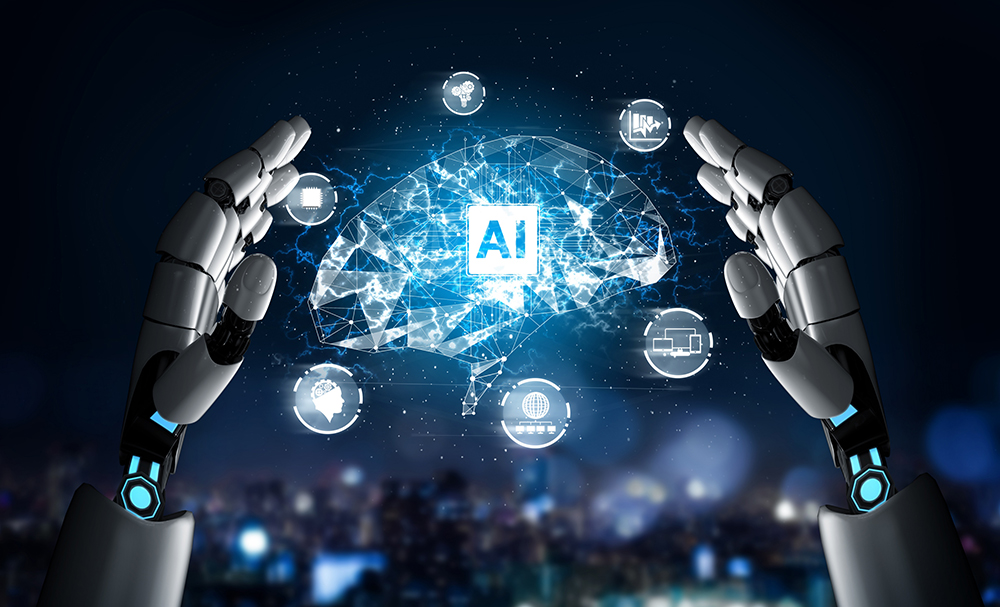Introduction
Artificial Intelligence (AI) has emerged as a transformative force, revolutionizing various aspects of our society. From improving efficiency in industries to enhancing our everyday lives, AI is making its presence felt. However, with this immense power comes a responsibility to examine the applications, benefits, and ethical considerations surrounding AI technology. In this blog post, we delve into the impact of AI on society, exploring its applications, benefits, and the ethical implications that arise.

Applications of AI
AI has found its way into multiple domains, shaping the way we work, communicate, and interact with the world. In healthcare, AI algorithms aid in diagnosing diseases, predicting outcomes, and accelerating drug discovery. AI-powered virtual assistants like Siri and Alexa have become indispensable parts of our daily routines. Industries such as finance, transportation, manufacturing, and customer service have all embraced AI-driven automation to optimize processes and improve efficiency.
Benefits of AI
The benefits of AI are far-reaching. AI systems can process vast amounts of data, uncovering valuable insights and patterns that humans might miss. This enhances decision-making in fields like finance and business intelligence. AI-powered chatbots provide instant customer support, improving user experience and reducing response times. Autonomous vehicles hold the potential to revolutionize transportation, enhancing road safety and reducing traffic congestion. AI-driven personalized recommendations in entertainment and e-commerce offer tailored experiences to users, improving satisfaction and engagement.
Ethical Considerations
As AI becomes increasingly integrated into our lives, ethical considerations become paramount. One key concern is the potential for bias in AI algorithms, which can perpetuate discrimination and inequality. It is crucial to ensure fairness and transparency in AI systems, addressing issues of algorithmic bias and discrimination. Privacy is another significant concern, as AI relies on extensive data collection. Striking a balance between data utilization and individual privacy rights is a challenge that needs careful attention.
Ethical considerations extend to the impact of AI on employment. Automation driven by AI can disrupt certain job markets, leading to unemployment and societal inequalities. It becomes imperative to develop strategies for reskilling and upskilling the workforce to adapt to the changing job landscape. Additionally, questions about accountability arise when AI systems make critical decisions that impact human lives. Establishing frameworks for responsible AI development and regulation is essential to mitigate potential risks.
Conclusion
Artificial Intelligence holds immense potential to transform our society, offering a range of applications and benefits across various domains. However, we must approach AI with a critical lens, addressing the ethical considerations it presents. By promoting transparency, fairness, and accountability, we can harness the power of AI for the betterment of society. Striking a balance between innovation, societal impact, and ethical considerations will be crucial as we navigate the future of AI.
